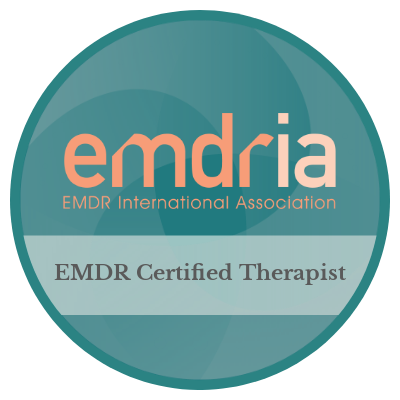Trauma has been called the unseen wound. Through my work with multitudes of people over the years, I have found this to be all too true. The impact that trauma has on a life carries on long after the events that wounded have been regulated to the past. The ache continues and the hurt continues. Feeling that the world is an unsafe place continues, and the feeling that we as individuals are “damaged goods” and unlovable continues. Concretely, we see trauma impact one’s relationship with self, through difficulties in connecting with others on an authentic emotional level and in poorer physical health as compared to individuals with no trauma history. Let’s take a look at each of these in turn.
Trauma negatively impacts the relationship that one has with self in very profound ways. One of the largest is that one is separated from that inner voice that guides us through life. The voice that resonates within our heart and mind when something/someone is in our highest and best good. The voice that lets us know when something “just isn’t right,” and that we would be better served to move on in another direction. Trust in that voice is often lost when trauma occurs, particularly if there is sexual violence or a betrayal of trust from a caregiver. We are then alienated inside ourselves from ourselves, as we do not feel that we can fundamentally trust our own instincts. We continuously feel adrift inside our own bodies after this central navigation system has been corrupted. Our alarm system often senses danger with each new interaction, with each new environment and with each new face that crosses our path. Our “guiding force” cannot help the individual navigate this new stimuli coming in when it has lost its rightful, central place in the inner world. We are lost to ourselves.
Viewing other people as potential threats to our safety and security, and not as new sources of nurturing, keeps us from establishing deep emotional contact with others. This fundamental need for contact is the product of evolutionary biology over millennia – security and connectedness with the herd gave our ancestors a better chance of survival. We need others to feel loved and safe and connected. It is often through the service to others (friends, family, coworkers, etc.) that life finds meaning. The capacity to be vulnerable (a prerequisite for establishing an authentic connection with another) can feel almost impossible to those who have experienced trauma. If someone who was supposed to care for us profoundly hurt us, how does one open themselves up to a stranger later on? How does a child that was never shown what an emotionally secure relationship looks like know how to do this in later life? How does one accept the gentle touch of someone who loves us when the very idea of “touch” itself has been corrupted? Feeling isolated and emotionally cut off from others is one of the main symptoms I hear about from trauma survivors when working in therapy.
Finally, the multitude of physical problems that trauma survivors report is far higher than the population as a whole. Autoimmune diseases, insomnia, hypervigilance and the rates of substance abuse are rampant among those with trauma histories. Crohn’s Disease is one I see reported far too often in the people I work with. Sleep depravation leaves even the most hearty of us feeling depleted and unable to face the challenges of day-to-day life. In a study conducted by the National Center for Biotechnology Information that looked at the link between childhood trauma and later substance abuse found that 70% of participants had trauma histories(https://www.ncbi.nlm.nih.gov/pmc/articles/PMC3051362/). It is popularly accepted that high stress levels can result in hypertension and ulcers, yet there are healthcare professionals today who do not accept the link between trauma histories and the plethora of physical problems trauma survivors experience. The whole person – body, mind and spirit – must be treated for someone to regain a sense of balance and integration after the wreckage that trauma leaves in its wake.


